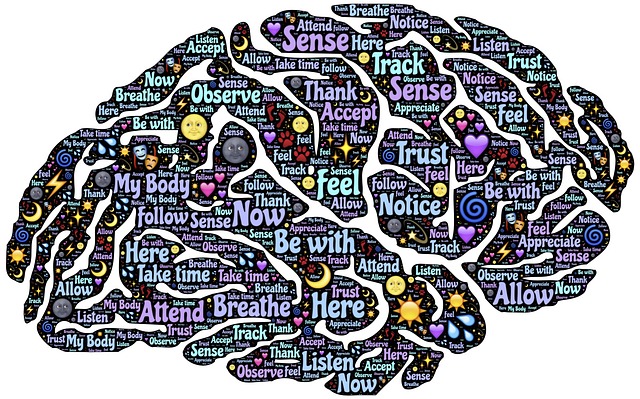 I attended the 1st VasCog Philippines conference last February 25 at Seda Hotel in Quezon City. VasCog Philippines is part of the International Society of Vascular Behavioral & Cognitive Disorders and one of its aim is to better “understand the non-physical outcomes of cerebral vascular brain injury like cognitive & behavioral impairments”. Specifically, vascular dementia (as against the dementia of alzheimer’s disease) and behavioral & psychological symptoms of dementia (BPSD)
I attended the 1st VasCog Philippines conference last February 25 at Seda Hotel in Quezon City. VasCog Philippines is part of the International Society of Vascular Behavioral & Cognitive Disorders and one of its aim is to better “understand the non-physical outcomes of cerebral vascular brain injury like cognitive & behavioral impairments”. Specifically, vascular dementia (as against the dementia of alzheimer’s disease) and behavioral & psychological symptoms of dementia (BPSD)
 Several international and local neurologist gave interesting talks on this topic and one take home message is the importance of controlling diabetes mellitus (DM), dyslipidemia (cholesterol level) and hypertension in keeping our brains healthy (and we only have one!).
Several international and local neurologist gave interesting talks on this topic and one take home message is the importance of controlling diabetes mellitus (DM), dyslipidemia (cholesterol level) and hypertension in keeping our brains healthy (and we only have one!).
In particular, hypertension has been found to cause Small Vessel disease which in turn is the leading cause of White Matter Disease (WMD) (seen in our MRIs as white matter hyperintensities). WMD is caused by thickening of the walls of our blood vessels & narrowing of the lumen. These then lead to loosening of our blood vessel walls & microaneurysm formation.
These then set the stage for cerebrovascular accidents and subsequent vascular cognitive impairment!
Control those risk factors and you will do a great favor for your brain and yourself!

 Write down your major goals: What do I want my life to be like in 3 years?
Write down your major goals: What do I want my life to be like in 3 years? I attended the International Neuropsychological Society mid-year meeting in Prague, Czech Republic last July. I not only learned a lot (that will help me improve my skills in assessment), I also met nice and interesting colleagues.
I attended the International Neuropsychological Society mid-year meeting in Prague, Czech Republic last July. I not only learned a lot (that will help me improve my skills in assessment), I also met nice and interesting colleagues. 
 * Being fully present in the HERE and NOW has great benefits.
* Being fully present in the HERE and NOW has great benefits. When reprimanding, scolding your child (or giving feedback to a colleague or subordinate), it is best to remember the following:
When reprimanding, scolding your child (or giving feedback to a colleague or subordinate), it is best to remember the following: